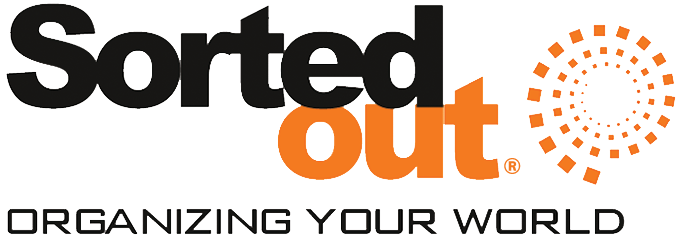Tax Season Tips
Tax season can be…well…taxing. No one enjoys this task – not even your accountant (but hey, at least they’re getting paid for it!) With these tips I hope I can alleviate some of the stress that comes with tax season, and get you back to enjoying a clutter-free life with your family.
First Things First
Pour yourself a hot tea or a glass of wine before reading any further; tax talk is no fun! LOL. In all seriousness, there is something I recommend doing before getting started on your taxes: create a checklist of everything you’ll need to begin filing your taxes this year. There are many online sources to refer to for checklists, like this one. I also suggest reviewing it at the beginning of each year, to ensure you keep diligent records of everything on the list.
Tracking Your Deductions
Many professionals these days will write-off their home office, Wi-Fi, gas and mileage, travel…the list goes on. I recommend having a specific folder in your home for all of these receipts. This folder should be separated by month for easy reference and calculation come tax time.
The write-off most of my clients detest most is tracking their mileage. I recommend keeping a post-it note or pad of paper in your car at all times. Every time you fill up or drive for business, write it down. Compile these totals at the end of every month, file that total away into the previously mentioned folder, and start again with the new month. Pro Tip: If you’re technologically savvy (or even just mediocre) consider keeping track of your mileage in the notes section of your phone and ditch the pen and paper. Just be sure to type it in before you start driving!
Filing
Receipts, statements, pay stubs, etc. lead to a lot of paper around the house or office. It’s tempting to throw your pile of receipts on the table to deal with later – but come February, you’ll be kicking yourself for it. Start de-cluttering your desk by creating individual folders for specific tax items. For example: receipts, insurance, and payouts (donations, education costs, loans, etc.) would all be kept separately. Make sure everything is labeled for easy reference down the road. When you have papers that belong to each folder, place them in their respective place immediately. Spending a few minutes each month organizing your documents will lead to a much smoother tax season.
In regards to past years’ documents, typically you can toss them after three to four years. However, there are a few cases where the IRS can initiate an audit up to seven years later (I know, ugh). I suggest reading this article to help determine which documents can be tossed, and which ones to keep. There’s certainly no need to hold onto excess paper if you don’t need to – we’re all about clean, organized spaces here! If you still need to hold onto a few files but want to clear out space in your home, consider adding them to your storage unit or safety deposit box.
Tools
Each year I find new and exciting tools that help limit clutter and maintain organization during tax season. It should come as no surprise to learn that they’re all digital! Keeping things digitally organized can help reduce paperwork and physical filing.
- Phone Notes – I mentioned this above, but the notes app on your smartphone can be a great way to track mileage, spending, etc. throughout the year.
- Neat Receipts Scanner – they have countless tools but I mostly love using Neat Receipts to scan my paper receipts. This helps in minimizing my paper and filing folders at home.
- Quickbooks – if you’re a small business owner, I cannot recommend Quickbooks enough. It helps with project tracking, expenses, invoicing, organizing tax deductions, and so much more.
- Excel – now, this is no new tool, but it can certainly come in handy as far as tracking spending and deductions throughout the year. Instead of filing away your mileage and hand-written records, put them into an excel document and watch your physical clutter disappear.
I hope these tips help you through this tax season and prepare you for next year! My biggest piece of advice is to spend a small amount of time each month organizing and filing your tax items/documents in order to save a lot of time next spring. And when in doubt, ask your accountant. If you have any tips of your own, please share them in the comments below. We’d love to learn!
Looking forward to hearing from you,
Tonia
Ready to get Organized?
Book a Call with Julie!
Request a Consultation
There are so many ways that organization can help take back a space that is overwhelming and bring it to functional!
We are excited to help start your journey to an organized and productive space.






